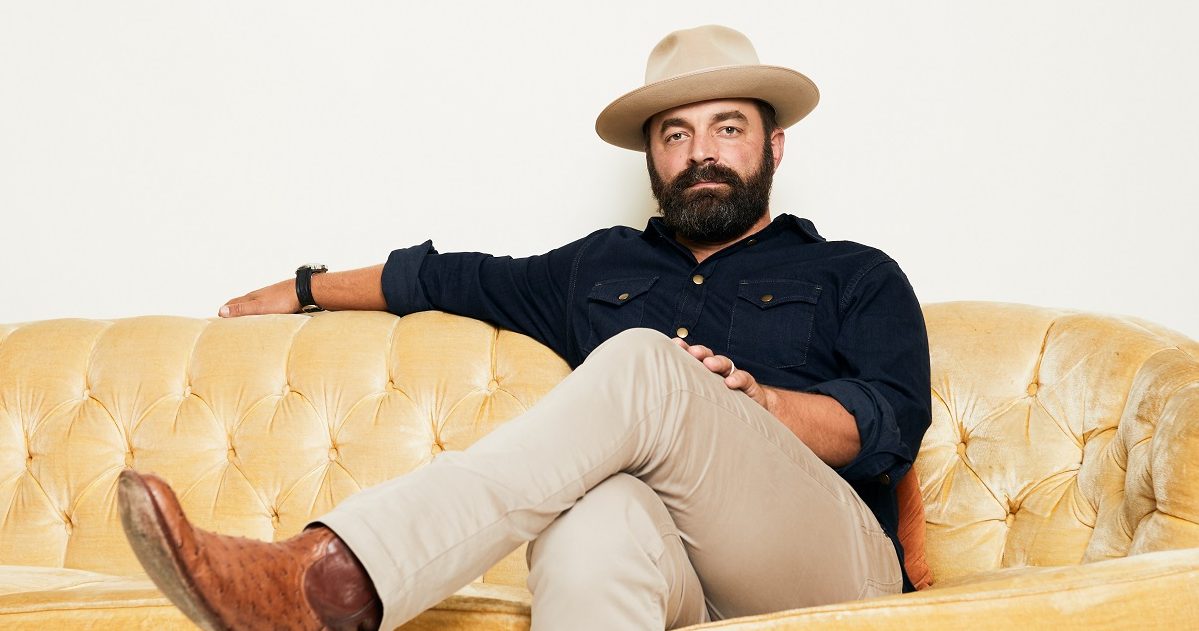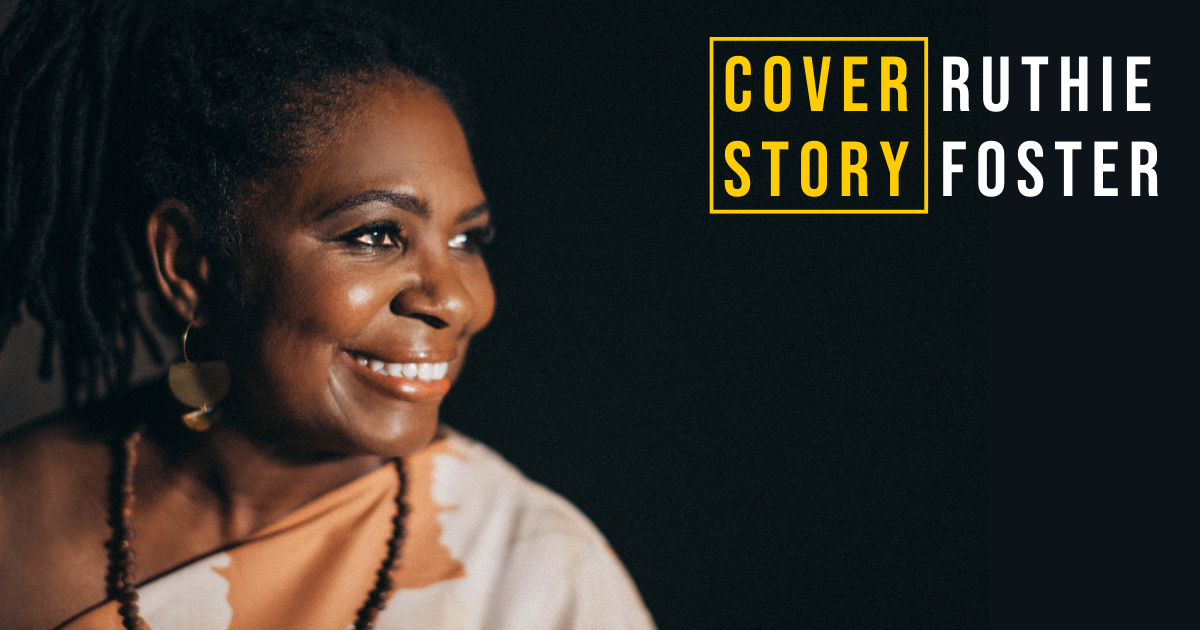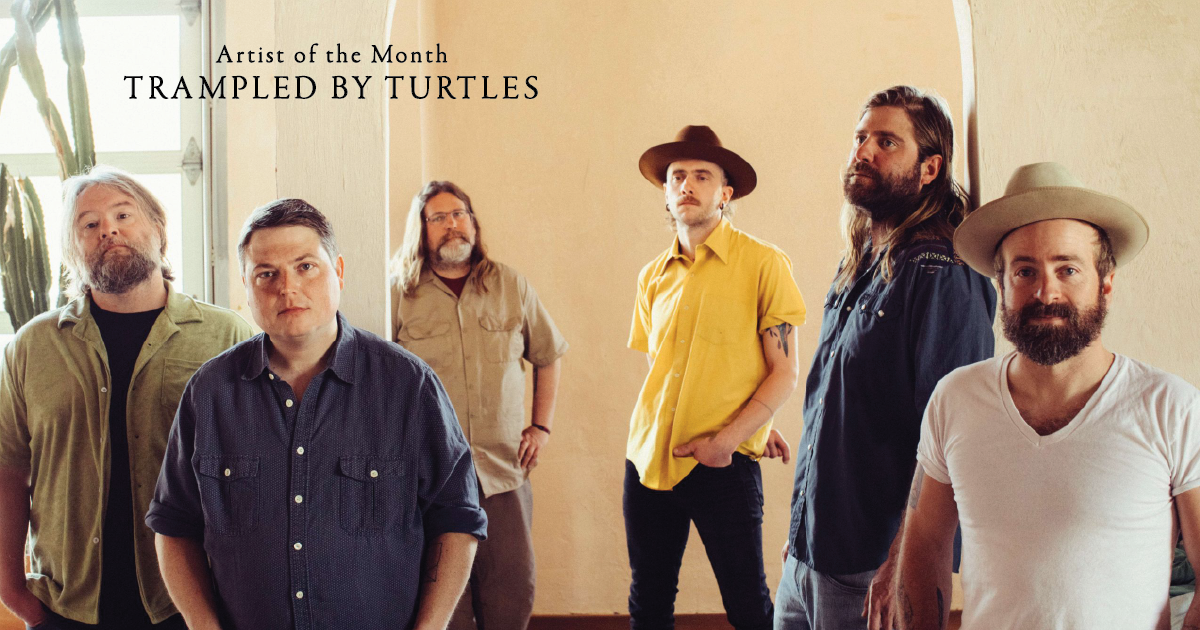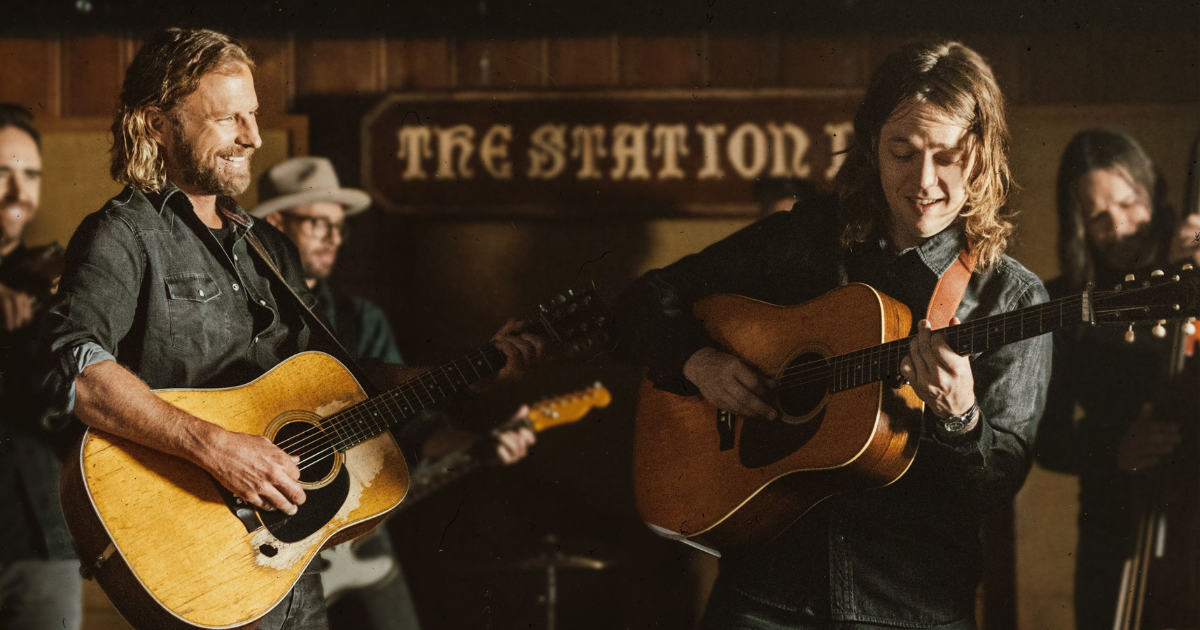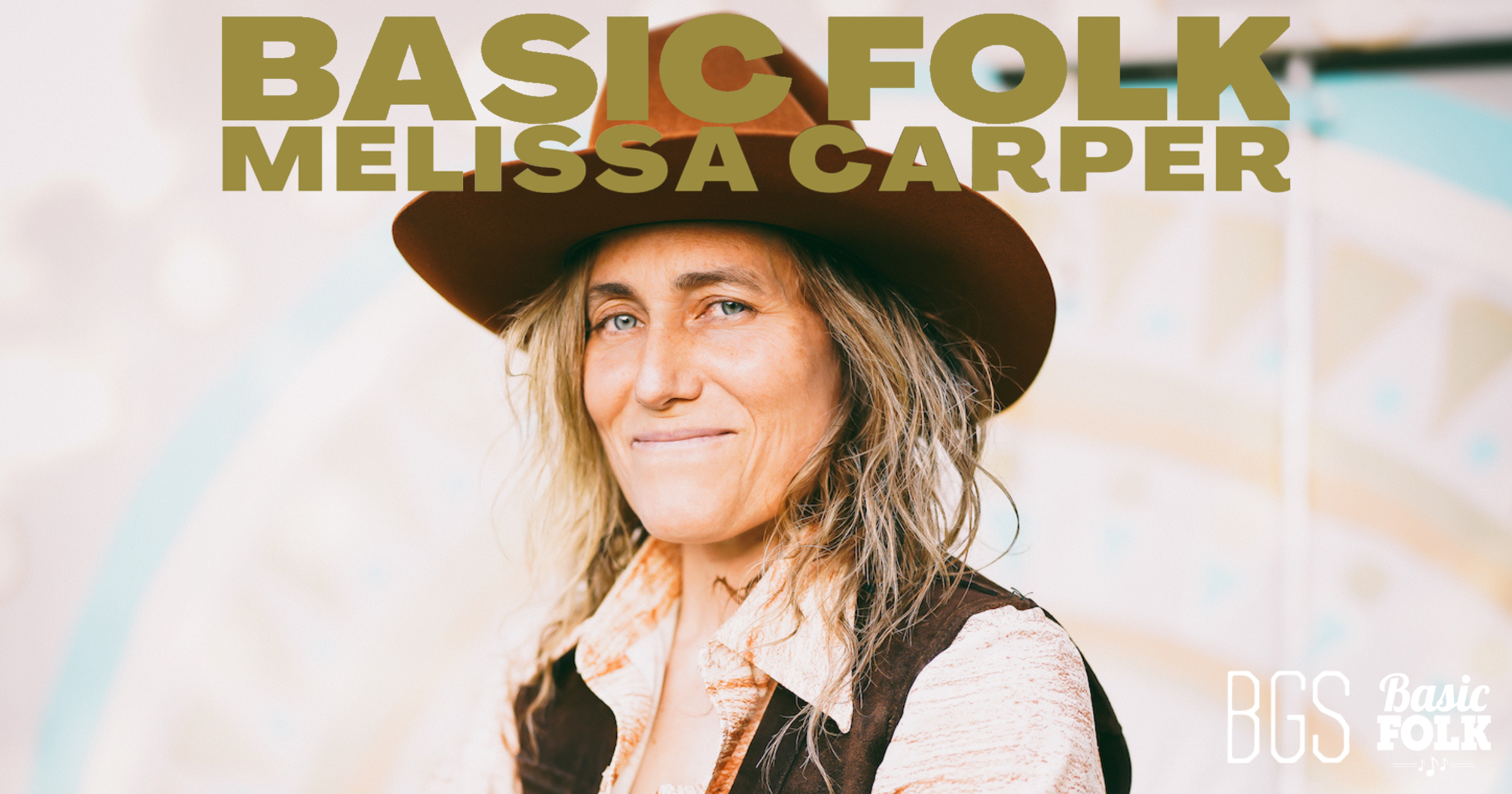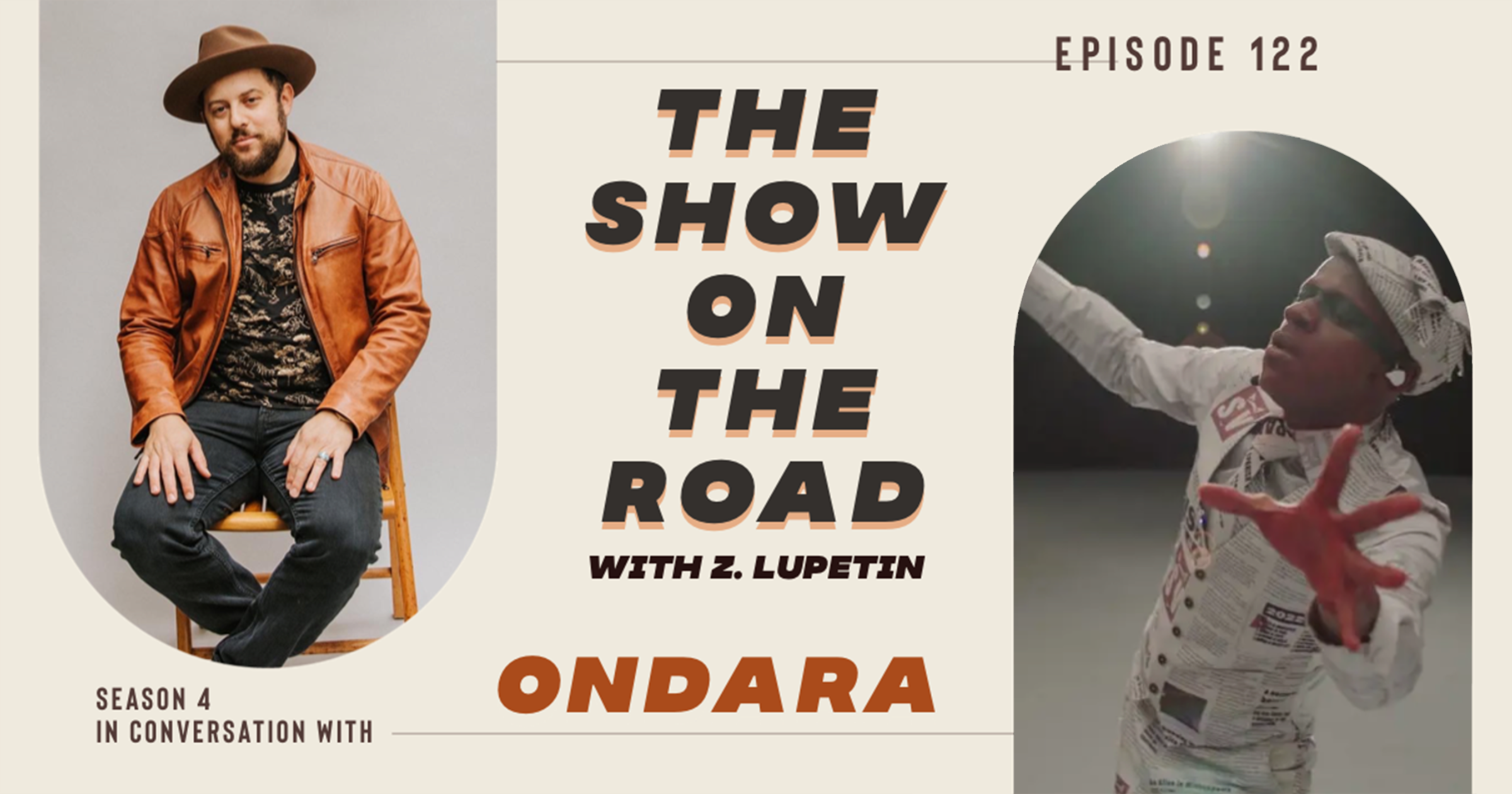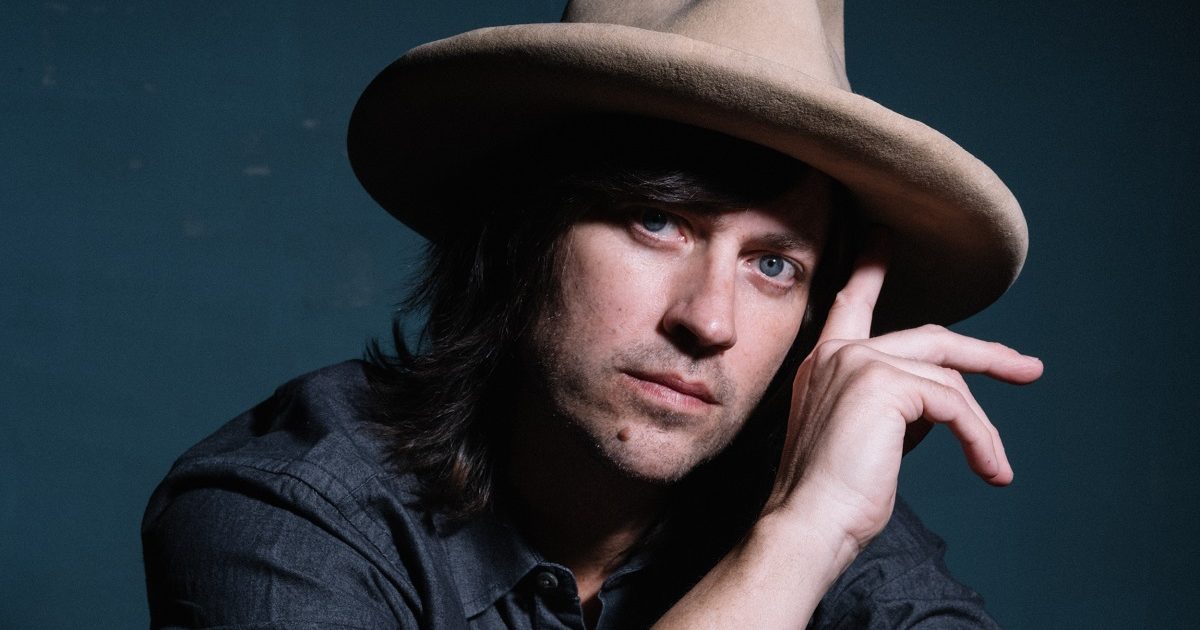The talented and resilient Ruthie Foster, whose voice is often compared to Aretha Franklin’s, used the pandemic to reconnect to the music, friends and emotions that have shaped her life. She called on her touring ensemble, The Family Band, as well as producers, co-writers and musicians she knows well to create her ninth album, Healing Time.
Growing up in Texas, Foster was surrounded by southern blues and gospel. During a stint as vocalist with the U.S. Navy Band, she constantly toured with a quickly changing repertoire, from rock, blues and country to military and classical pieces. Today, her varied musical tastes show up in every performance: as she says, “From reggae to Mississippi John Hurt.” Since releasing her first album in 1997, she has played across the country and around the world, drawing in audiences with her big, beautiful voice and her even bigger heart.
A four-time Grammy nominee, Foster has earned many accolades and awards from the Blues Foundation and the Living Blues Awards. She has performed with the icons of contemporary music, from the Allman Brothers to the Blind Boys of Alabama to James Taylor. On November 19, she became only the sixth musician to receive a star on the sidewalk of the Paramount Theater in her adopted hometown of Austin.
BGS: How did Healing Time come together?
Foster: I really wanted to do something that involved my band, something that we could do together. Because that’s my family – my band is my family. And this is the first time I’ve actually recorded with my band for the most part. Coming out of the pandemic, people were starting to gather a bit, and we were asked to record Austin City Limits, a special show without an audience. That was in January after that first year.
So, I flew my band down for that. Scottie Miller, who wrote the song “Healing Time,” is my piano player and lives in Minneapolis. Hadden Sayers, my guitar player, came from Columbus, Ohio. Brennen Temple is here in Austin, and Larry Fulcher, my bass player, is in Houston. So, everybody came in, and while they were here, we sat and wrote together. That’s how it started: Let’s get everybody back together for some writing sessions and be in the same room after so many months of isolation.
Was this your first serious effort at co-writing?
I have co-written a lot, even though not a lot got recorded. When I was in the New York area with Atlantic Records, I co-wrote a lot. It was more of a development deal. I used the time after I signed with them to learn the whole craft. For example, I really learned how to play in front of people, even though I had been doing that for many years. I learned how to write different ways with different people. Those three years were about learning how to write and play to empty venues – because I played at seven o’clock at night, and New Yorkers don’t come out at seven o’clock, you know? But this was the first time writing together with the guys. They’re all writers. They all produce and release their own music. So, I’m very, very lucky and blessed to be able to have them come out with me when they can, because they all tour.
It sounds like you credit collaboration with your band and your producers for the quality of this project.
That was important to me. The focus of this album was to make it a band family project. I used a couple different producers. Mark Howard was wonderful to work with. We started at a studio here in Austin with my band and then went to New Orleans with a wonderful set of fellas over there: basically, the people he worked with on the Emmylou Harris album [1994’s Wrecking Ball]. Then we came back to Austin and worked at a studio with a different producer. Dan Barrett. Dan was able to help me finish off the album because I started touring again in between sessions.
You’re really happy with this whole project. What do you like so much about it?
First, I didn’t really play on this album, I just wanted to sing, and that gave me a lot more freedom to go places I really wanted to go vocally. And it was just so much fun. I wanted to lean more toward soul and R&B, which we did. I have to admit, I have been writing and tweaking some of these tunes for many, many years. The pandemic gave me a chance to pull out some of these cassette tapes and some CDs that had songs that were partially done and rework them. “Don’t Want to Give Up on You” was one of those songs. That started out more folk, just me on a guitar. I changed the groove a little bit, and I changed the chords a little bit, and that’s when it went soul.
“What Kind of Fool” was written by myself, Scottie and Hadden, and this version is nowhere near the demo. Getting ready to record, I’m standing in front of the microphone, everybody else is standing in with their instruments. And Mark surprised us. He gave us a reference track. Gosh, I think it was something that Adele recorded. So, it took us to another place. We slowed it down, added a little more reverb and a little funky, saucy guitar. And it just went somewhere fun — and scary at the same time. Because I’m walking up to the microphone, and this song is a totally different tempo. It’s a totally different groove. I’m trying to figure out where I’m singing here. Let me find space to sing — and that’s also what made it fun.
It shows you had a lot of trust and confidence in everyone.
There was a lot of trust involved as a singer, because usually these guys will play these songs through without a vocal track. And then we’ll try a scratch track. But this one was pretty much me in the room with them, so we were all on the high wire together. Mark brought a very special microphone that had been used for recording people like Frank Sinatra and Etta James, a very expensive and beautiful mic that was so sensitive to sing through. And I was excited to sing through something that made my voice feel so warm, without anything connected to it, almost naked.
Early in your career you were being guided toward pop music, but you preferred to stay closer to the roots music you grew up with. What’s roots music for you?
Roots music is about really simple instrumentation. To me, that’s acoustic guitar and piano, which was my first instrument. For me it was Lightnin’ Hopkins. A lot of his kinfolk lived in the same area where I lived. His nephew Milton Hopkins was still playing around in Texas, so I got a chance to open for him once in a while. So, I was very connected to blues music, and to me that was roots music.
Then it was the folk music I learned on guitar — and a lot of Beatles, James Taylor. And branching off from there, I loved Phoebe Snow and Janis Ian. But I didn’t hear anyone doing soul music in an acoustic way. I think that was what was missing for me. I did Aretha Franklin on acoustic guitar. I did Sam Cooke on acoustic guitar. And for me, that was roots. It’s almost like bringing two different worlds together. And it has a lot to do with the sets that I put together these days.
Did you ever record any Sam Cooke songs?
No, that’s all just live. Once in a while we’ll pull something like that out for an encore. And that’s always fun to watch peoples’ faces turn to smiles. You can see them thinking, “Yeah, I remember ‘You Send Me.’” Yeah, I love doing that. My mother sang gospel music. She sang soul music, too. So, this was just my way of communicating to my mother, who died at 53, doing something like “You Send Me” and remembering how much she and my father loved Sam Cooke’s music.
Can you talk about “4 AM,” a song you wrote while touring in Europe?
I was by myself on this one, although I usually travel with a tour manager. I was in Latvia, but this could have been anywhere. You know, I’ve gone through this in Michigan or sitting in a hotel room in Chicago. You just feel so disconnected after being so connected and plugged in. When I’m on stage, I’m given everything, because it’s just as much for me as it is for the audience. You get up at four in the morning, most of the day is spent traveling. And then you get that little 75- to 90-minute spot to just let your heart go and give what you’re there to do. And then you get all this love at the CD table, and people tell you how much those songs mean to you.
And then you pack it all up and you head back to your Comfort Inn. And you’re trying to find your room key, and you’re holding a guitar and all of your stuff, and you finally get in the room. And then it’s just you. And it’s the middle of the night. And in some ways, it’s very peaceful. But other nights when it’s the fifth night in a row and you’re tired and hungry for a one-on-one, it gets lonely.
On the night I wrote this song, I had a little bit of vodka left from a gift, and I had a beautiful tea set that was brought to me that morning, and I thought I’d just stay up and see what comes up. And that was that. I finished it that night. Obviously, I’m okay, but yeah, you get a little depressed, and it’s easy to slip into a dark side. And I want to confine that to just music.
It’s about plugging in and allowing people to see the real you. That song is as close to me as you’re gonna get for what I was going through that night. I hope people connect with it. I’ve had feedback like that at the CD table. Once this young fellow walked up to me after waiting in a long line. He stood there and just cried. He just bawled. He couldn’t get a word out. So, I had to just hold on to him for a while. When that happens, I know I’ve done something. I’ve touched somebody. That’s also a reminder that I still have work to do. I still have something to say.
Ruthie, is there anything particular you’d like BGS readers to know about you?
Well, you can’t categorize me. I don’t know if it’s a blessing or a curse. But I’ll take whatever it is, as long as what I’m doing reaches people in the deepest way. You can’t put me in a box, and I think that says a lot about not just who I am, but who we all are.
Photo Credit: Jody Domingue
